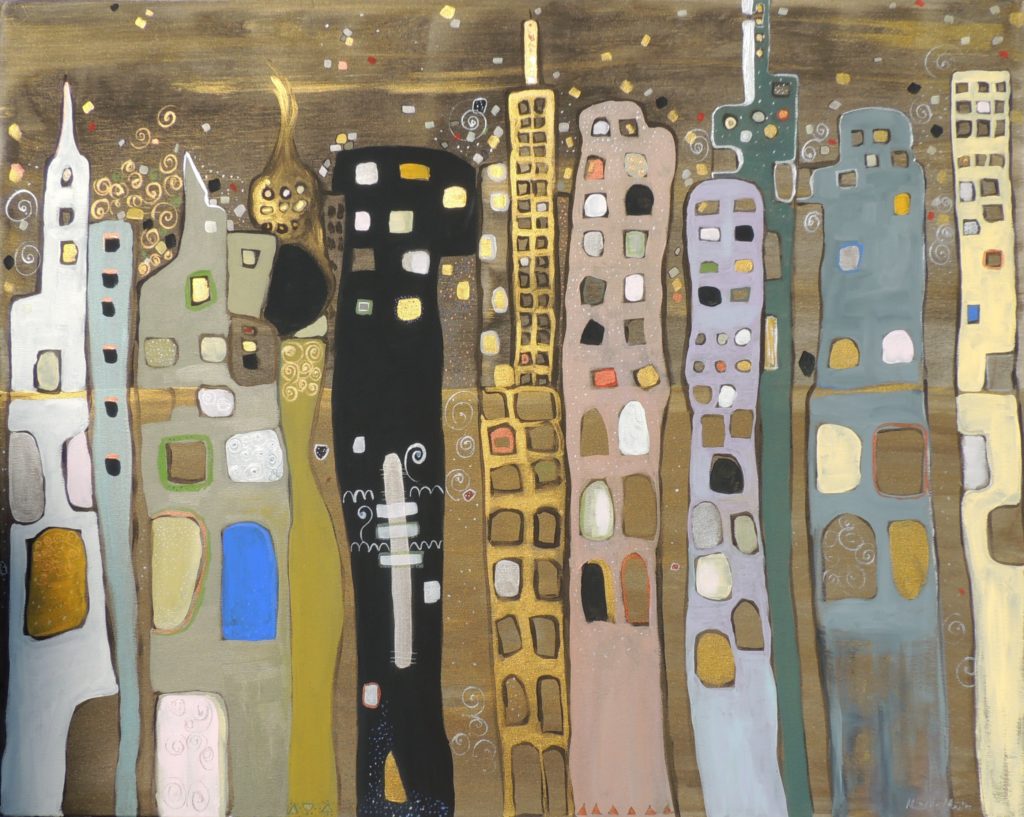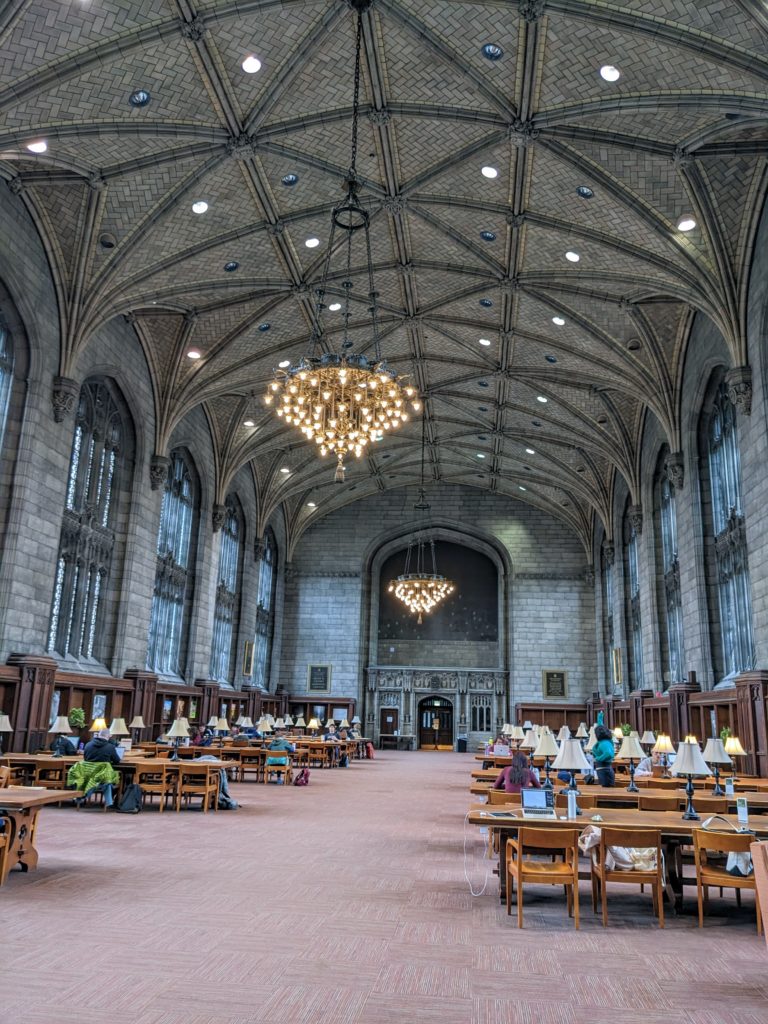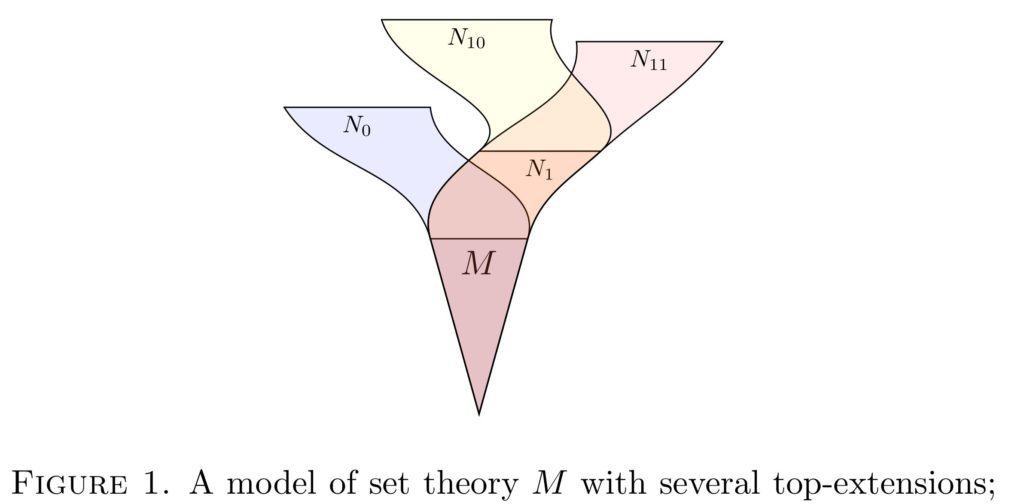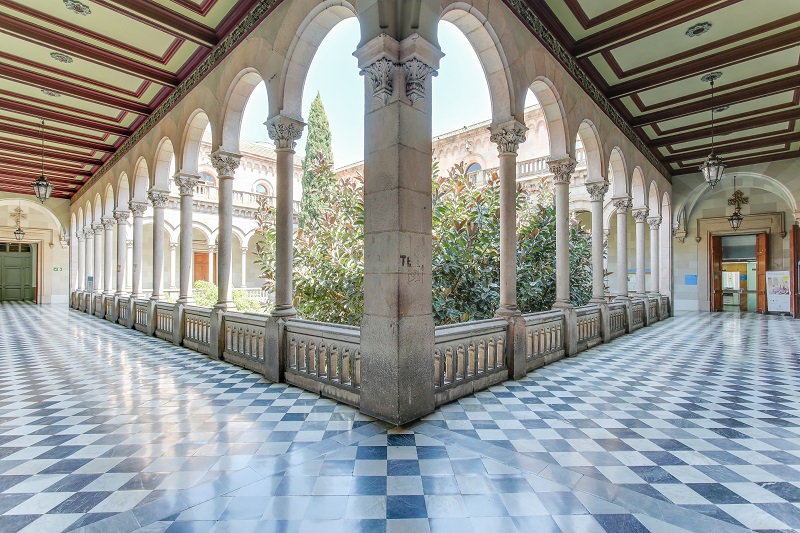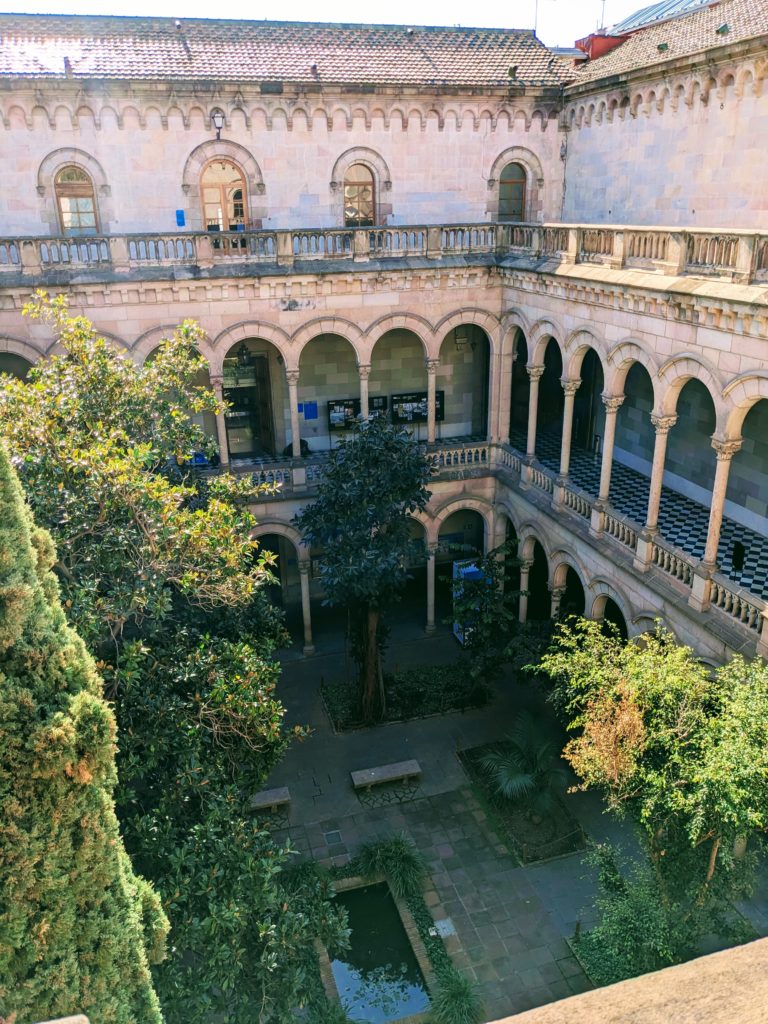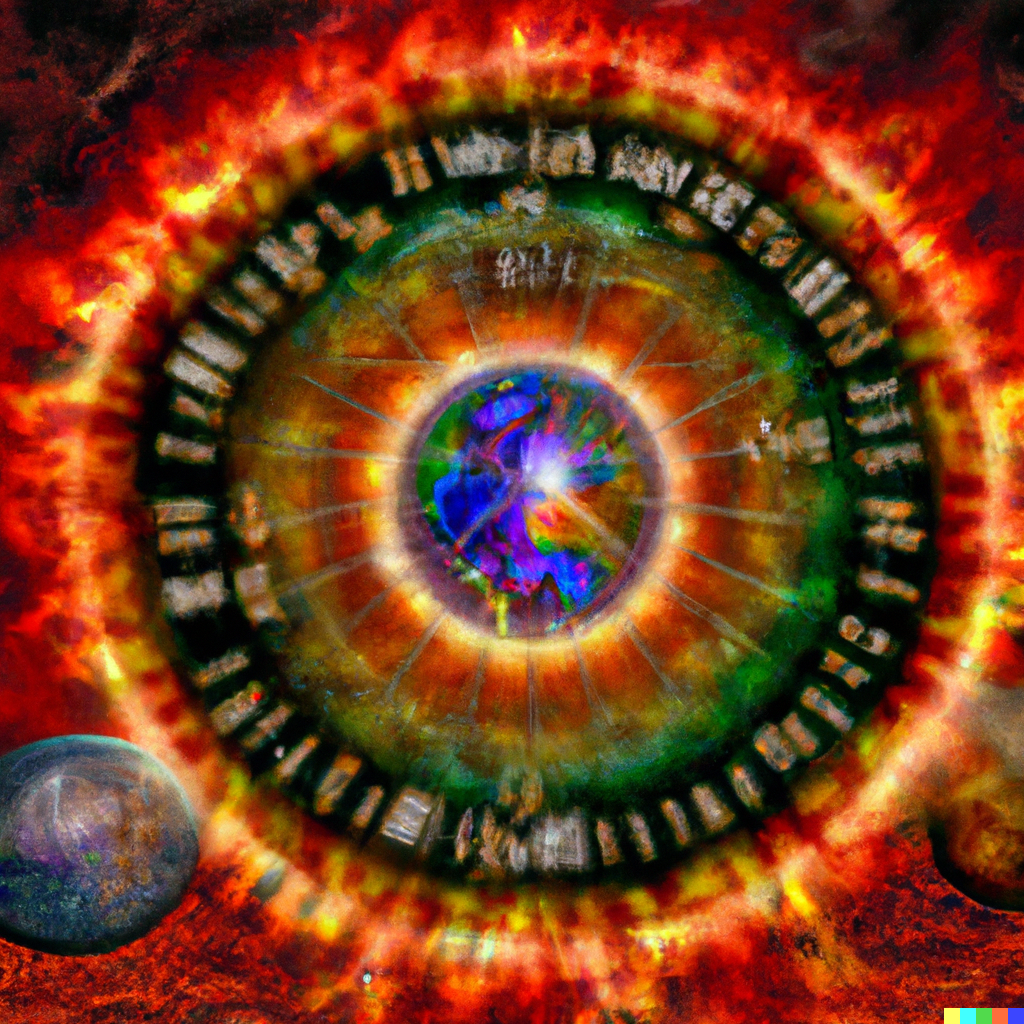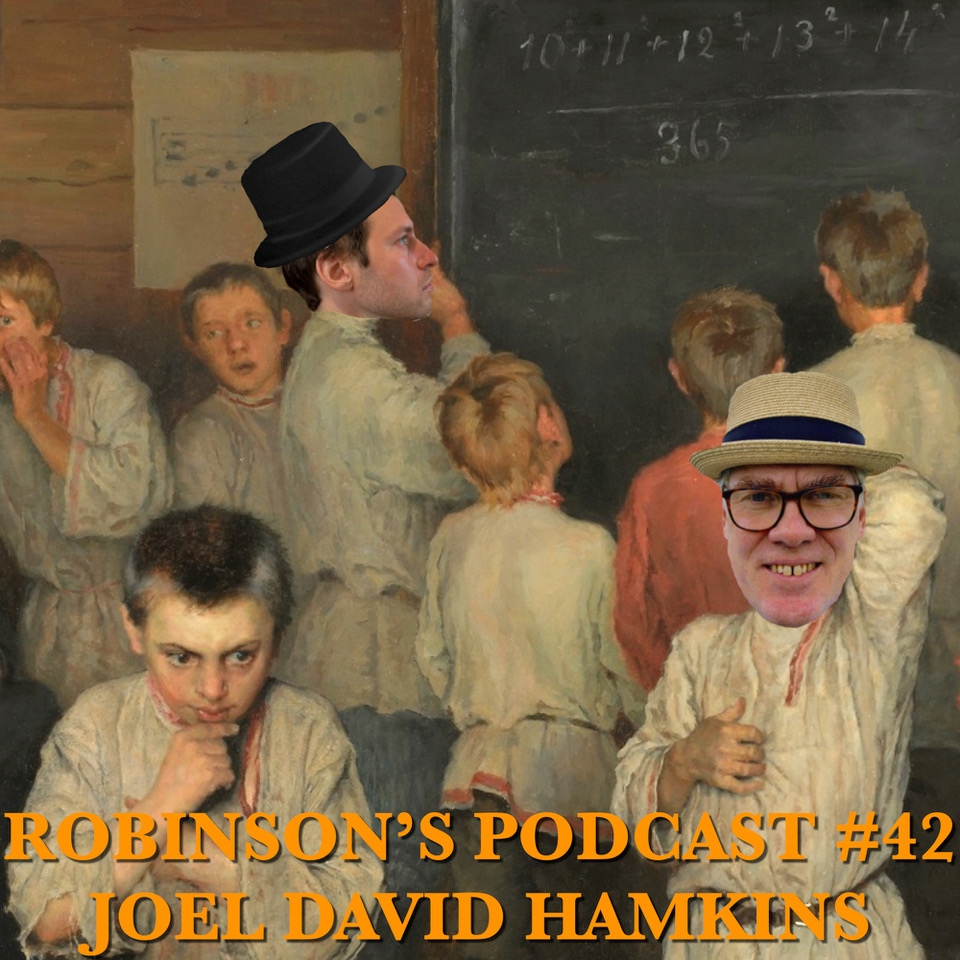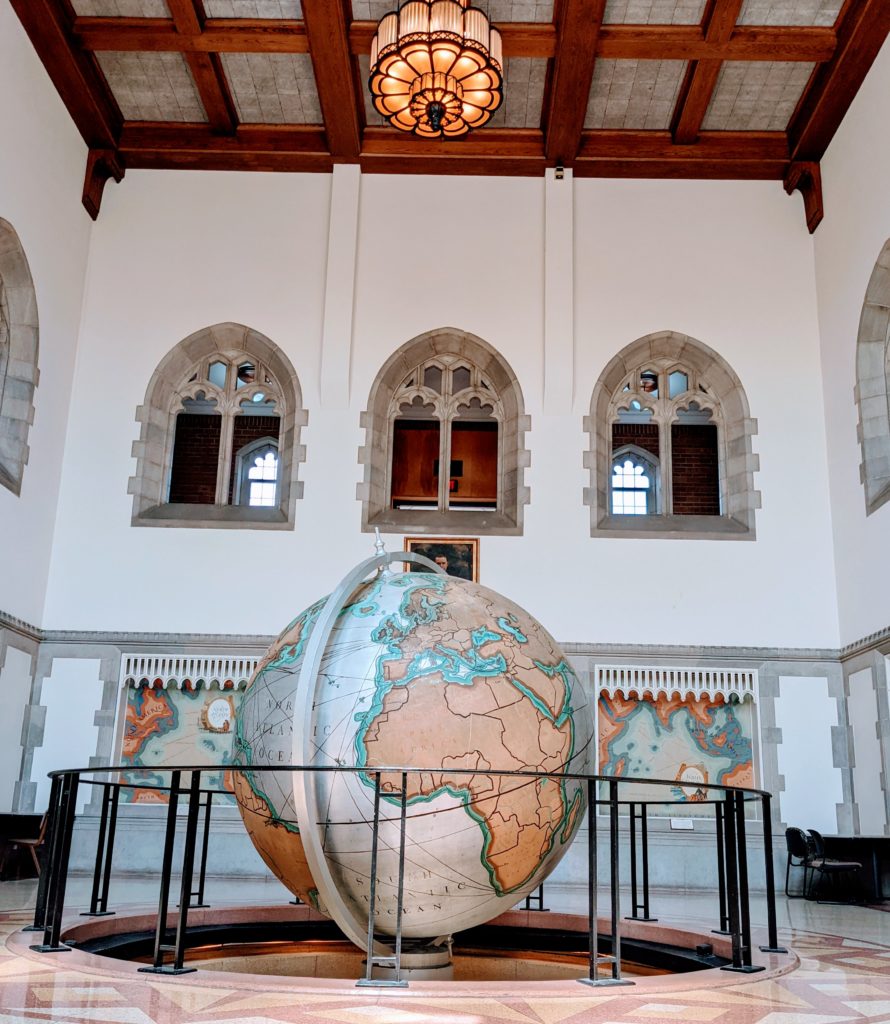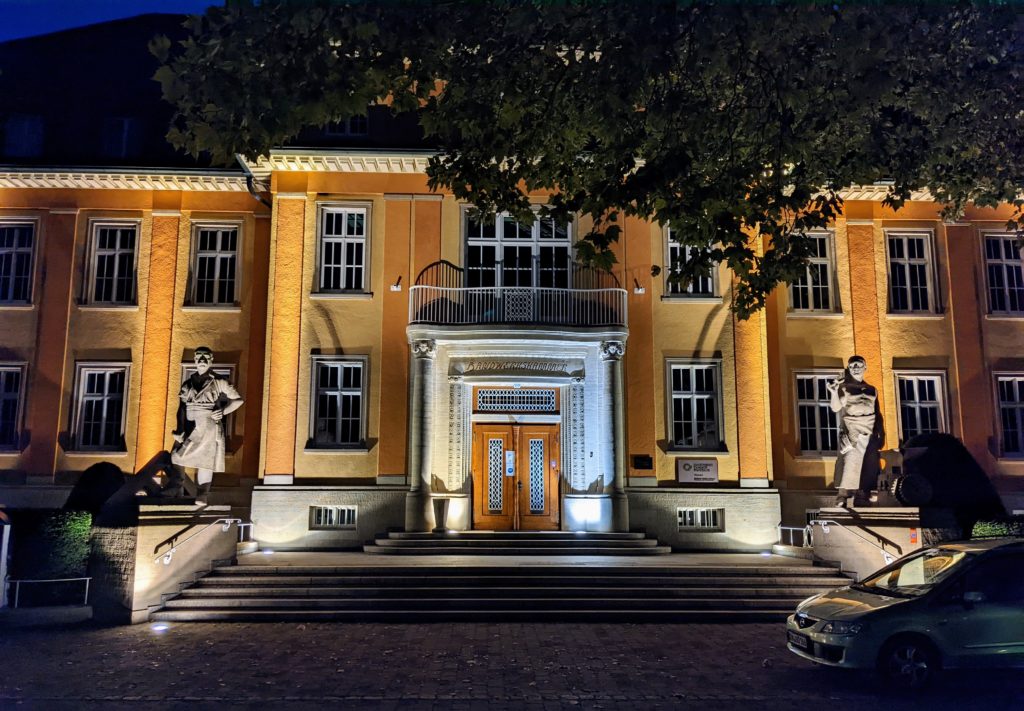Masterclass of “The set-theoretic multiverse” ten years after
Focused on mathematical and philosophical aspects of the set-theoretic multiverse and the pluralist debate in the philosophy of set theory, this workshop will have a master class on potentialism, a series of several speakers, and a panel discussion. To be held 21-22 September 2022 at the University of Konstanz, Germany. (Contact organizers for Zoom access.)
I shall make several contributions to the meeting.
Master class tutorial on potentialism
I shall give a master class tutorial on potentialism, an introduction to the general theory of potentialism that has been emerging in recent work, often developed as a part of research on set-theoretic pluralism, but just as often branching out to a broader application. Although the debate between potentialism and actualism in the philosophy of mathematics goes back to Aristotle, recent work divorces the potentialist idea from its connection with infinity and undertakes a more general analysis of possible mathematical universes of any kind. Any collection of mathematical structures forms a potentialist system when equipped with an accessibility relation (refining the submodel relation), and one can define the modal operators of possibility $\Diamond\varphi$, true at a world when $\varphi$ is true in some larger world, and necessity $\Box\varphi$, true in a world when $\varphi$ is true in all larger worlds. The project is to understand the structures more deeply by understanding their modal nature in the context of a potentialist system. The rise of modal model theory investigates very general instances of potentialist system, for sets, graphs, fields, and so on. Potentialism for the models of arithmetic often connects with deeply philosophical ideas on ultrafinitism. And the spectrum of potentialist systems for the models of set theory reveals fundamentally different conceptions of set-theoretic pluralism and possibility.
The multiverse view on the axiom of constructibility
I shall give a talk on the multiverse perspective on the axiom of constructibility. Set theorists often look down upon the axiom of constructibility V=L as limiting, in light of the fact that all the stronger large cardinals are inconsistent with this axiom, and furthermore the axiom expresses a minimizing property, since $L$ is the smallest model of ZFC with its ordinals. Such views, I argue, stem from a conception of the ordinals as absolutely completed. A potentialist conception of the set-theoretic universe reveals a sense in which every set-theoretic universe might be extended (in part upward) to a model of V=L. In light of such a perspective, the limiting nature of the axiom of constructibility tends to fall away.
Panel discussion: The multiverse view—challenges for the next ten years
This will be a panel discussion on the set-theoretic multiverse, with panelists including myself, Carolin Antos-Kuby, Giorgio Venturi, and perhaps others.









